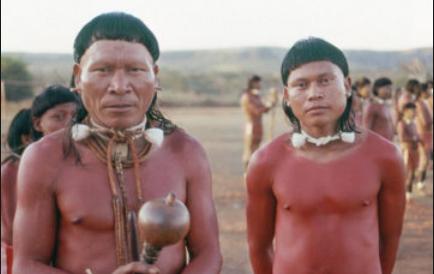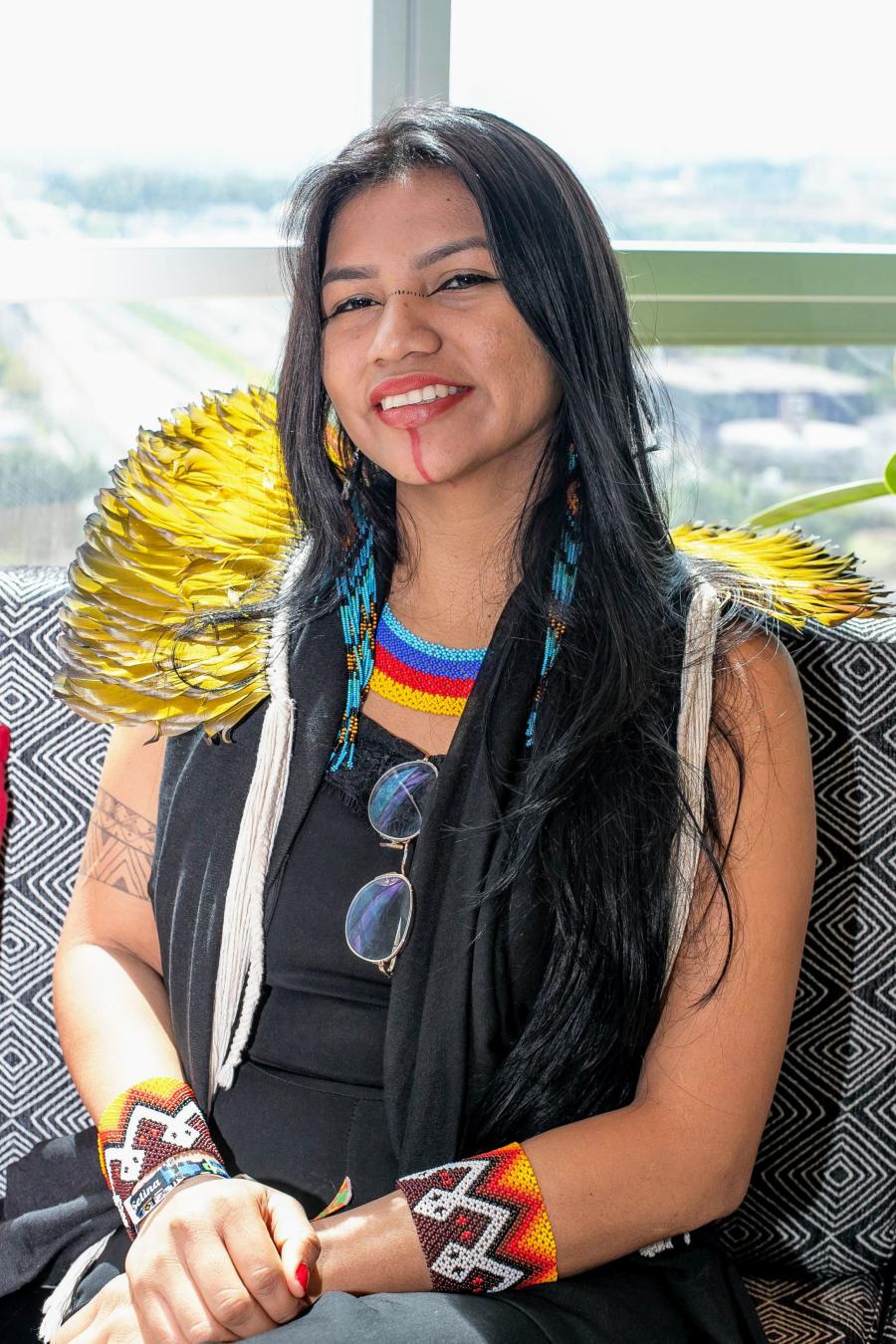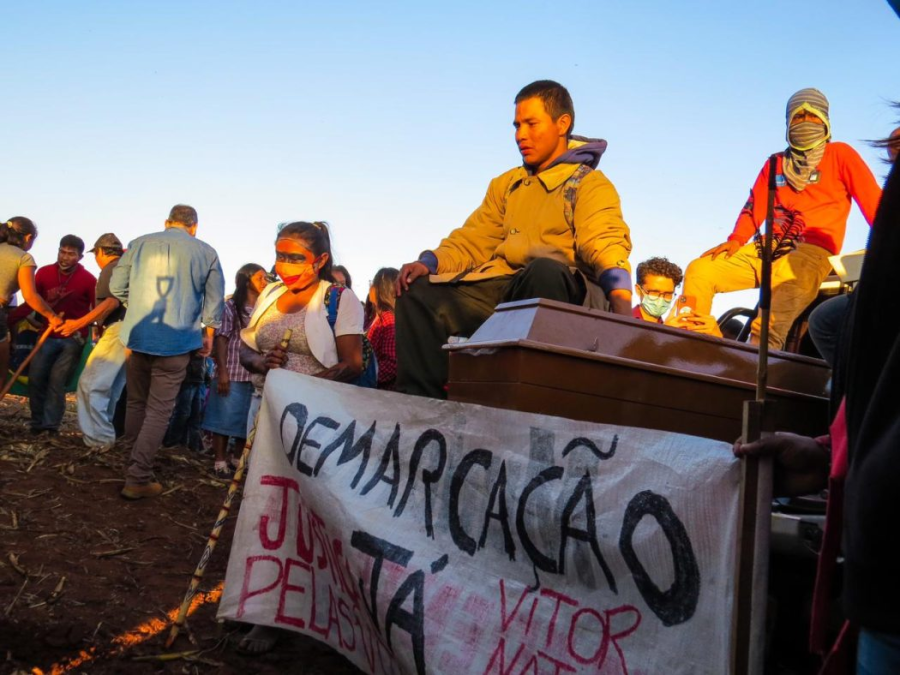
Following the death of three children with symptoms of malnutrition in the month of March alone, Xavante from the Indigenous Territory of Marãiwatsede in Brazil demand immediate attention to improve health. The Brazilian federal government considers Marãiwatsede, where health conditions are extremely precarious, to have high priority status for government attention. They sent the following appeal for immediate attention to their situation: http://maraiwatsede.wordpress.com/2013/03/28/um-apelo-a-saude-em-maraiw…
Marãiwatsédé Indigenous Territory March 21, 2013
To whom it concerns,
The Xavante people of Marãiwatsédé are weeping from the death of two children. We are in mourning because, as the result of incompetent authorities, innocent lives are being lost.
We have already asked, alerted and implored the authorities to resolve the health problems in our area. Nothing has been done.
How many children must loose their lives before the sound of our weeping will be heard and there will be a response to our pleas for assistance? How many children still need to die before our right to health care is respected?
We need to improve the health care, but there are no medicines and no equipment in the village of Marãiwatsédé. We need two cars for health care because our village is far away from the hospital in Agua Boa. If someone needs to have tests (x-rays, blood analysis, etc.) patients need to travel even farther, to Barra do Garças.
Competent authorities are familiar with our problems. They have visited our community. We have had many meetings with them. We have traveled to Brasília and we have submitted many documents. Nothing has been done.
We don’t wish to wait any longer. Xavante people demand respect. We know that other indigenous relatives are victims of the same neglect of health attention, lack of respect and stereotypes. This cannot continue, for Xavante or for any other indigenous people.
It is good to have plans for health care management, but the authorities must respect our rights.
Below are the signatures of relatives who support our struggle. In reality all Brazilian indigenous peoples face the same battle.
[[{"fid":"61632","view_mode":"media_original","type":"media","attributes":{"height":250,"width":517,"class":"media-element file-media-original"}}]]
[[{"fid":"61633","view_mode":"media_original","type":"media","attributes":{"height":708,"width":519,"class":"media-element file-media-original"}}]]
[[{"fid":"61634","view_mode":"media_original","type":"media","attributes":{"height":706,"width":508,"class":"media-element file-media-original"}}]]
[[{"fid":"61636","view_mode":"media_original","type":"media","attributes":{"height":351,"width":516,"class":"media-element file-media-original"}}]]



